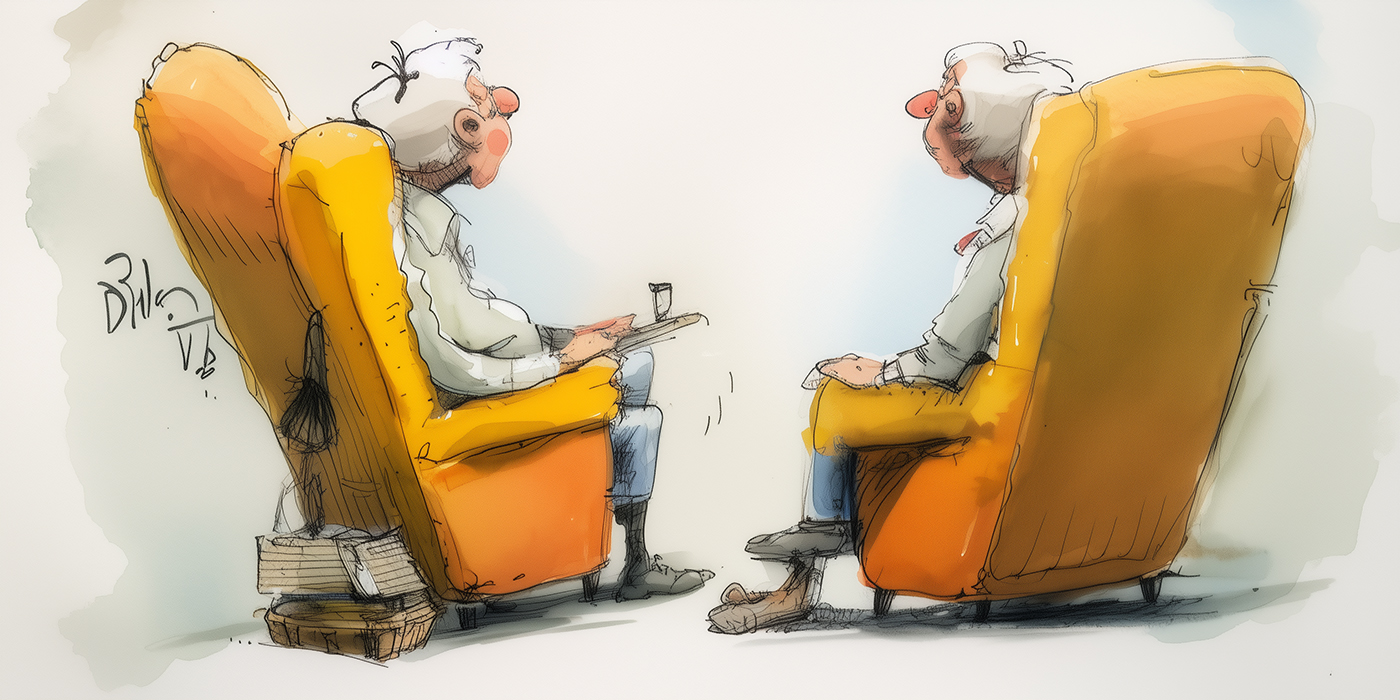Dear SA Fellowship,
As I celebrate three years of sobriety, I want to thank the SA fellowship for being such a large part of my life. The years I spent running around like a fool in your rooms were the best of my life. I greatly miss our regular fellowship, but I am so very grateful to still be connected with you in the way that I am.
I’ve been sexually sober since May 2, 2009—and I have no idea how that is possible! I’ve used lust to numb my pain for most of my life. This last year has been particularly painful, but through a grace I don’t understand, I have felt every bit of the pain and have not reached out to lust. I’m grateful to have found SA and sobriety before coming here to prison. Without the SA fellowship, the pain of this transition would have been much harder to bear.
Although my acting out brought me into prison, I have faith that sobriety in the SA program of recovery will help bring me out. I want to thank all you who have supported me—spiritually or physically—over the past year. Your support has meant the world to me. You have been my link to SA, and that link is saving my life.
However, the link has been tested this past year. Without being able to regularly attend meetings or talk with other sexaholics, I’ve had to find other ways to stay connected to the program. Most of the year I felt myself slipping away, no longer reading program literature or working the Steps on a daily basis. I continued to use program tools to overcome lust, and somehow I stayed physically sober—but my character defects came back and were running my life. I began feeling intense pain in my relationships with others. I found myself at odds with every friend I had made in prison. I had stopped thinking of what I could do for others and started judging them. I would analyze their every word and I began resenting everyone, continuing to look for more evidence of their wrongs while completely ignoring my own behavior. The more I resented the people around me and pushed them away, the more I wanted to turn to lust to numb my anger, disappointment, and loneliness. I was lost—but thankfully I realized one day what I needed to do. I turned to prayer and meditation.
Meditation wasn’t easy for me at first. In my second year of sobriety, my sponsor asked me to start meditating by sitting still in the morning and counting each breath until I got to ten. When I got to ten, I was to start back again at one. One day I told him that my mind would not quiet down and I kept losing count. He said whenever that happened I should start back at one. And that is what had happened to my program: I had lost count, so I needed to start back at one.
I now spend 30 minutes each morning reading from the ESSAY or other program literature, meditating, and praying on my knees. And just as this worked when I first started in SA, it is working for me today. At first I felt scared praying on my knees in prison, where everyone is watching everyone else, but the pain of living with my defects was greater than the fear of being judged.
Now, when I start to judge my friends—and before resentment can take hold—I ask myself how I can be of service to them. Then I do what seems impossible: I forget about my needs and focus on their needs instead. The Eleventh Step Prayer says that it is only by self-forgetting that I can find myself (12&12 99). Today I realize that sobriety is just the beginning of a long journey down a spiritual path.
When I first came to SA, I thought lust was my problem. I felt I would die without lust or masturbation. I knew people who had multiple years of sobriety and thought how much easier their lives must be without the constant desire to lust. However, once sobriety ceased to be my main problem, I was left with my original problem: me. Today my character defects are the greatest challenge of my recovery. So now it seems to be time to deal with my defects through the Steps.
I’m currently working the Steps on my defects in relations with certain types of people. I’m trying to change my resentful and condemning attitude toward one person in particular, and I’m finding Step Nine especially difficult in this case. However I know that I cannot receive the benefits of this spiritual program while separating myself from others in this way.
Despite my character defects, many things are going well in my life. The biggest hindrance to my happiness is not my imprisonment, but my attitude. I would rather be free, but I’ve had moments of happiness in prison. These moments give me hope that there might be more in the future. The biggest challenge to my attitude is obsessing about the length of my imprisonment. Living outside of today—of this moment—is dangerous for me.
I’m amazed to find how much power I have over the type of day I will have. I can choose to serve the needs of others and have a nice day, or I can choose to seek only what I can get out of the day and find myself having a horrible day. At the peak of my insanity this year, I chose to have some very bad days because of my attitude. Now, thanks to prayer and meditation in the morning, I have been choosing a service-minded attitude each day, with much better results. I still sometimes let character defects flare up, but now I’m able to quickly replace them by right thinking. With my new attitude, I find myself filled with much gratitude at the end of the day.
I’m grateful that this program and its principles can work here in prison—but their potency seems directly dependent on how much work I’m willing to put into them. When I choose to put in the work, I get the results. I wish these lessons didn’t have to come from pain, but that seems to be the only way I will listen.
I’m still very much a sexaholic. My instinctual desire to lust is still very much a part of me, although not nearly as strong as it was early on. I wish I could have lust ripped out of me, but I know that the desire to lust motivates me to reach for my Higher Power. Today when I feel the familiar pull, I can choose either to look or turn to my Higher Power. This is a choice that I never had before. What a gift!
Brett






